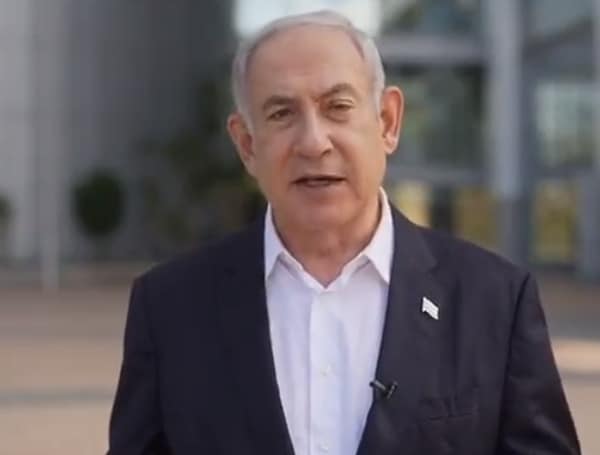The ruling Hamas militant group in the Gaza Strip launched an unprecedented attack on Israel at dawn on Saturday, firing thousands of rockets while dozens of fighters infiltrated the heavily fortified border from air, land, and sea, catching the country by surprise on a major holiday.
Several hours after the invasion began, Hamas militants continued to engage in gunbattles within several Israeli communities, a stunning display of strength that rocked the nation. Israel’s national rescue service reported at least 40 fatalities and hundreds of injuries, making this the deadliest attack in Israel in recent years.
The Associated Press reported at least 561 wounded persons being treated in Israeli hospitals, including at least 77 in critical condition, based on public statements and calls to hospitals.
There was no official statement regarding casualties in Gaza, but AP reporters witnessed the burials of 15 victims and the arrival of eight more corpses at a local hospital. It was initially unclear whether they were soldiers or civilians.
In the news: Another Hillary Clinton Interview, Another Missed Opportunity To Ask About Russian Hoax
Videos on social media showed Hamas fighters parading what appeared to be stolen Israeli military vehicles through the streets and at least one deceased Israeli soldier in Gaza being dragged and trampled by an angry crowd of Palestinians chanting “God is Greatest.”
The videos published by Hamas appeared to show the capture of at least three Israelis alive. As it continued to fight the infiltrators, the military refused to provide details about casualties or abductions.
“We are at war,” Israeli Prime Minister Benjamin Netanyahu declared in a televised address, announcing the mobilization of the entire military. “Not a ‘operation,’ not a ’round,’ but at war.”
“The enemy will pay a price without precedent,” he added, promising that Israel would “return fire of an unprecedented magnitude.” At a meeting of top security officials later on Saturday, Netanyahu stated that the top priority was to “cleanse the area” of enemy infiltrators, then to “exact a huge price from the enemy,” and then to fortify other areas so that no other militant groups join the conflict.
The serious invasion on Simchat Torah, a typically joyous day when Jews complete the annual cycle of reading the Torah scroll, brought back painful memories of the 1973 Mideast war, when Israel’s enemies launched a surprise attack on Yom Kippur, the holiest day of the Jewish calendar, almost 50 years to the day.
Comparisons to one of the most traumatic moments in Israeli history exacerbated criticism of Netanyahu and his far-right allies, who had campaigned on more aggressive action against threats from Gaza. Political analysts criticized the government for failing to anticipate what appeared to be an unanticipated Hamas attack in its level of planning and coordination.
The Israeli military attacked targets in Gaza in response to approximately 2,500 missiles that caused air raid sirens to sound continuously in Tel Aviv and Jerusalem, 80 kilometers (50 miles) to the north. It was reported that its forces were engaged in gunfights with Hamas militants who had infiltrated Israel in at least seven different locations. According to the army, the combatants sneaked over the separation fence and even invaded Israel using paragliders.
Israeli television broadcast footage of explosions shattering the Gaza-Israel border fence, followed by what appeared to be Palestinian gunmen pedaling motorcycles into Israel.
Reportedly, gunmen also entered via pickup vehicles.
It was unclear what prompted Hamas to launch the attacks, presumably requiring months of planning.
Android Users, Click To Download The Free Press App And Never Miss A Story. Follow Us On Facebook and Twitter. Signup for our free newsletter.
We can’t do this without your help; visit our GiveSendGo page and donate any dollar amount; every penny helps



